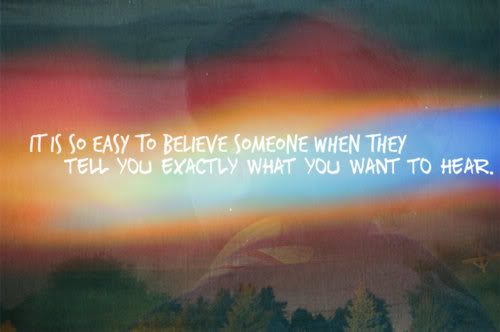Mataupu
- Latou te faʻaseseina oe pe a latou fai atu ia te oe o le fiafia e na o le amio e te manaʻomia
- mataupu tau le mafaufau
- The psychologists Inés Santos and Silvia González, from the team of ‘In Mental Balance’ banish one of the myths about psychology and explain why it can be harmful for the mind to highlight the importance of having a positive attitude
Latou te faʻaseseina oe pe a latou fai atu ia te oe o le fiafia e na o le amio e te manaʻomia
mataupu tau le mafaufau
The psychologists Inés Santos and Silvia González, from the team of ‘In Mental Balance’ banish one of the myths about psychology and explain why it can be harmful for the mind to highlight the importance of having a positive attitude
 PM3: 02
PM3: 02I will be honest, I have a negative attitude towards the word uiga faaalia. The use that is given to it bothers me a lot. It is used for free, as if the way in which we face our day to day is eligible and stable, as if it is so easy to smile at the difficulties of life and we are happy just to wake up and smile every morning.
Attitude can be defined as learned predisposition we have towards an event. Thus, if we always tend to have a positive predisposition towards everything, we are supposed to be “a person with a good attitude.” And I wonder then: why do we sometimes face situations in a negative way? Is it that we are masochists? If the attitude is a learned predisposition, it means that it depends to some extent on the faiga fa'afetaui that we have acquired, how difficult we see the situation and the degree of discomfort or well-being that we think that situation will cause us.
And what if I have a bad attitude?
If a situation is harmful to us, it is normal for us to go through phases. Take, for example, a grieving of a loved one. It would be adaptive if, for a time, the person has a pessimistic predisposition towards death. Saying, “have a more positive attitude, the world keeps turning” would only invalidate and make the pain that person feels invisible. It will be necessary for him to have an attitude of ita towards what is happening and that at another time, if the duel continues its course, it can have a positive look.
I am proud to have one amio leaga towards certain things, such as attitude Fa'amalosi towards injustices, attitude leai se faamoemoe when things go wrong and I don’t see a way out, attitude toe iloilo towards moral dilemmas, attitude masalosalo when I don’t trust something or someone. I know that if I allow myself to feel bad and learn from what is happening to me, my gaze will change.
I think the problem is not the attitude we can have at a certain moment, but rather that we remain stagnant, that we do not learn or seek other ways or solutions. And perhaps sometimes to find other more positive ways of facing life we have to go through other previous phases that, in some way, are more negative for us.
O Inés Santos e iai lona tikeri i le Psychology mai le UCM ma fa'apitoa ile Evidence-based Clinical Psychology, Child-Adolescent Behavior Therapy ma Systemic Family Therapy. O lo'o faia nei lana su'esu'ega i le eseesega o itupa i fa'afitauli fa'anoanoa ma sa auai i le tele o fonotaga fa'ale-malo ma fa'ava-o-malo. E tele lona poto masani i le faiaoga, o se supavaisa o le PsiCall Telematic Psychological Attention Service a le UCM ma se faiaoga i le Master's Degree in General Health Psychology o le UCM, faapea foi ma se polofesa i le Iunivesite o Europa. E le gata i lea, o ia o le tusitala o taʻiala eseese o suʻesuʻega o le mafaufau.
Silvia González, o ia foi o se vaega o le 'In Mental Balance' 'au, o se foma'i mafaufau ma lona faailoga matua'i ile Clinical and Health Psychology ma le Master's degree i General Health Psychology. Sa galue o ia i le University Psychology Clinic a le UCM, lea sa avea ai foi ma faiaoga i tamaiti aoga o le Iunivesite o le Master's Degree in General Health Psychology. I le tulaga o le a'oa'o atu, sa ia faia ni a'oa'oga fa'amatalaga i le tele o fa'alapotopotoga e pei o le 'Emotional understanding and regulation workshop', 'Workshop e fa'aleleia atili ai tomai tautala lautele' po'o le 'Exam anxiety workshop'.










